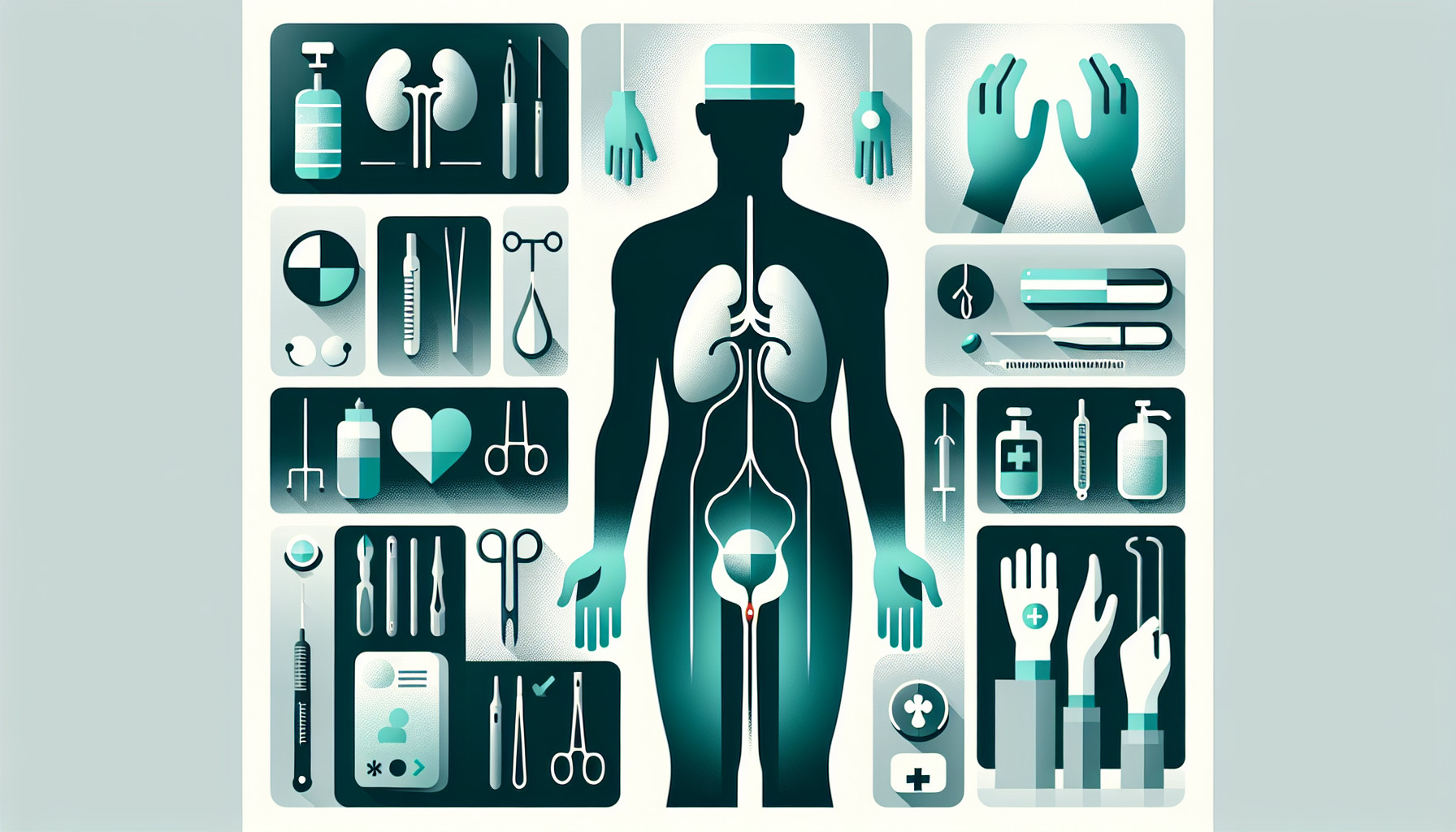Our Summary
This study looked at the effectiveness of a surgical procedure, called nephrectomy, in managing high blood pressure in children with kidney problems. Nephrectomy is the removal of one or both kidneys. The study was conducted between 2008 and 2017 and included children who were followed up after their surgery for at least three years. Out of 215 children, 21 had this procedure specifically to manage high blood pressure. Of these, 19 continued their follow-up at the same center and were included in the study.
According to the study’s findings, the surgery helped manage high blood pressure in 95% of these children. More specifically, blood pressure completely went back to normal in 79% of the children, partially improved in 16%, and did not change in one child. The authors concluded that nephrectomy could be a good treatment option for children with complex and difficult-to-manage high blood pressure due to kidney problems.
FAQs
- What is a nephrectomy and why is it performed on children with kidney problems?
- What were the findings of the study on the effectiveness of nephrectomy in managing high blood pressure in children?
- Could nephrectomy potentially be a good treatment option for children with complex and difficult-to-manage high blood pressure due to kidney problems?
Doctor’s Tip
A doctor might advise a patient considering nephrectomy to carefully weigh the potential benefits of improved blood pressure management against the risks and potential complications of the surgery. They may also recommend discussing the procedure with a specialist in pediatric nephrology or pediatric urology to ensure the best possible outcome. Additionally, they may suggest closely monitoring blood pressure and kidney function after the surgery to ensure ongoing health and well-being.
Suitable For
Patients who are typically recommended nephrectomy include:
- Children with kidney problems who have high blood pressure that is difficult to manage with other treatments.
- Patients with kidney cancer or other kidney diseases that require removal of the affected kidney.
- Individuals with severe kidney damage or dysfunction in one or both kidneys that cannot be managed with other treatments.
- Patients with recurrent kidney infections or kidney stones that are causing significant complications.
- Individuals with a congenital kidney abnormality or birth defect that is affecting kidney function and overall health.
Timeline
Before nephrectomy:
- Patient is diagnosed with kidney problems causing high blood pressure
- Patient undergoes various tests and evaluations to determine the best treatment option
- Nephrectomy is recommended as a potential solution
- Patient discusses risks, benefits, and alternatives with their healthcare team
- Surgery is scheduled and patient prepares for the procedure
After nephrectomy:
- Patient undergoes nephrectomy surgery to remove one or both kidneys
- Patient is monitored closely in the hospital for any complications or side effects
- Patient may experience pain, discomfort, and fatigue post-surgery
- Patient is discharged from the hospital and continues follow-up appointments with their healthcare team
- Over time, patient’s blood pressure is monitored and managed
- Patient may need to make lifestyle changes, take medications, or undergo additional treatments to maintain blood pressure control
- Patient is followed up for at least three years to assess the effectiveness of the surgery in managing high blood pressure
What to Ask Your Doctor
- What are the potential risks and complications of undergoing a nephrectomy procedure?
- How will the surgery impact my overall kidney function and health in the long term?
- Will I need to make any lifestyle changes or follow a specific diet after the surgery?
- How long is the recovery period after a nephrectomy procedure?
- What follow-up care and monitoring will be necessary after the surgery?
- Are there any alternative treatment options available for managing high blood pressure in children with kidney problems?
- Will I need to take any medications after the surgery, and if so, for how long?
- How will the surgery impact my child’s quality of life and physical activity levels?
- What is the success rate of nephrectomy in managing high blood pressure in children with kidney problems?
- Are there any specific factors that may make my child a better or worse candidate for nephrectomy as a treatment option?
Reference
Authors: Varik RS, Taghizadeh A, Garriboli M, Patil K, Paul A, Clothier J, Sinha MD, Mishra P. Journal: Pediatr Surg Int. 2021 Jul;37(7):951-956. doi: 10.1007/s00383-021-04874-6. Epub 2021 Mar 8. PMID: 33683431
